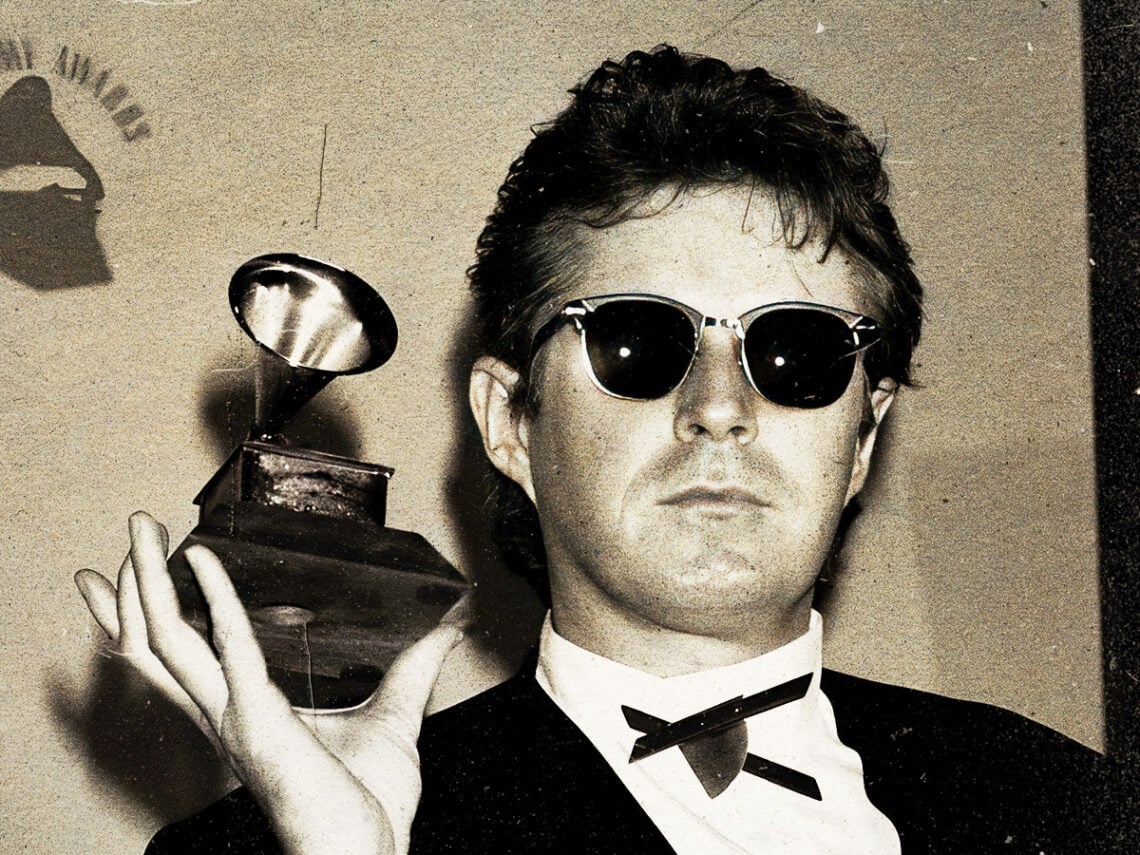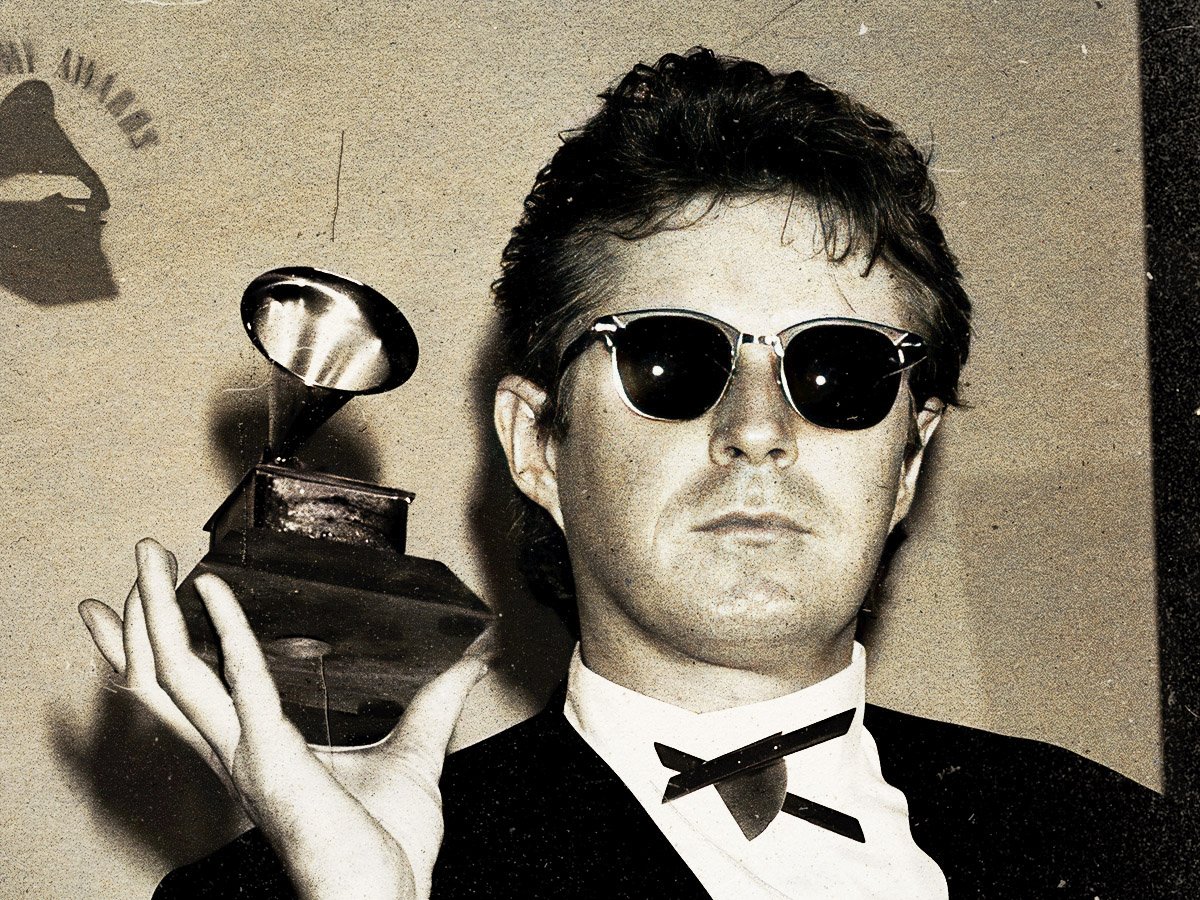
(Credits: Far Out / Alamy)
Fri 26 September 2025 18:15, UK
Songwriting partnerships have their own chapter in the book of musical history. Some of the greatest music ever made was at the hands of an enigmatic duo, who were usually combining their creative process with a sense of personal turmoil.
There’s the most famous of all, John Lennon and Paul McCartney, or perhaps Johnny Marr and Morrissey, both pairs linked by fate, steadfastly pushing through whatever hurdles lay in front of them, for they knew artistic greatness awaited on the other side of tense equations.
Then there was the uniquely brilliant partnership of Don Henley and Glenn Frey. Together, they ruled the Eagles with an iron fist, ensuring that any squabbles, misdemeanours or questions of power were swiftly dealt with, but the revolving door of members became untenable, and the duo went their separate ways, as the ever-turbulent band dissolved behind them.
Following a successful band career with the relatively untrodden landscape of a solo career is surely frightening, made worse by the loss of an emphatic songwriting partner. Henley found himself a drumming vocalist, leading a project without an assigned melody maker. The situation would have undoubtedly been unsettling and isolating, but it wasn’t long before he found himself a new creative partner who shared his taste and artistic approach, and to whom he would be spiritually indebted for the rest of his career.
His first two records as a solo artist, 1982’s I Can’t Stand Still and 1984’s Building the Perfect Beast, saw Henley enlist the assistance of producer and session player Danny Kortchmar, who had previously worked on Carole King’s Tapestry and James Taylor’s Sweet Baby James. He soon realised that in this period of artistic isolation, he was willing to yield to this fitting partnership. “I have the final say on what goes on my records, but Danny’s the man. It’s his baby,” Henley told Modern Drummer, “He’s got a little studio in his house, and he does a lot of work right there in his basement.”
He explained their process and what about it ensured success, saying, “The key is that I know how to conceptualise to him, and he knows how to read me. If I want to write a song with a certain style or about a certain subject, he knows what I’m talking about. We talk to each other sometimes by referencing old records or certain styles of records: Motown, the Philadelphia Sound, and Memphis. We talk in a language we both understand.”
In these records, with the help of Kortchmar, Henley began crafting a career that allowed him to be taken seriously as a solo artist. Free from the dramatic shackles of his band, Henley could take his sound wherever he liked and speak about it as he needed and not fear losing the players around him in the process.
Related Topics
